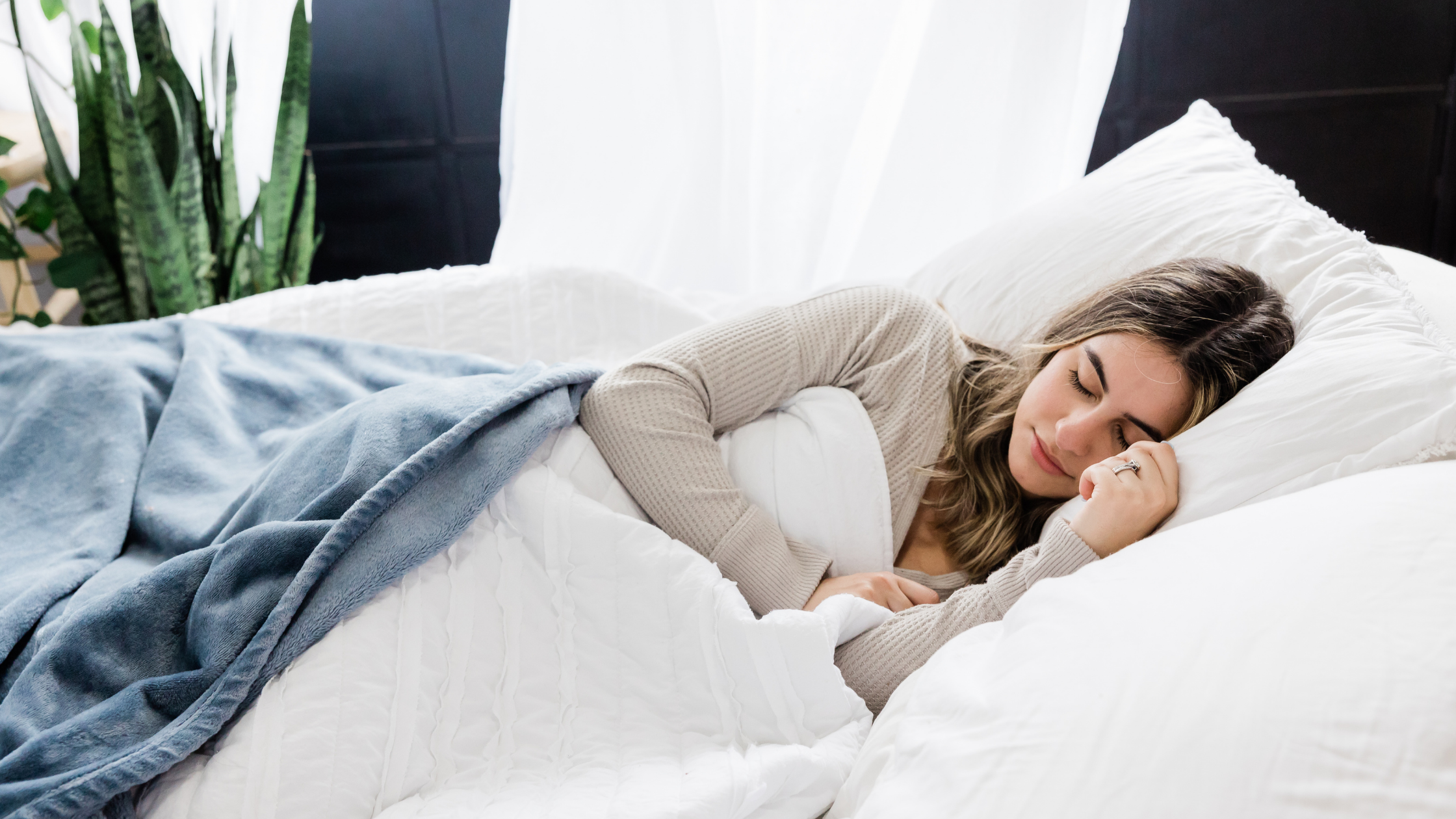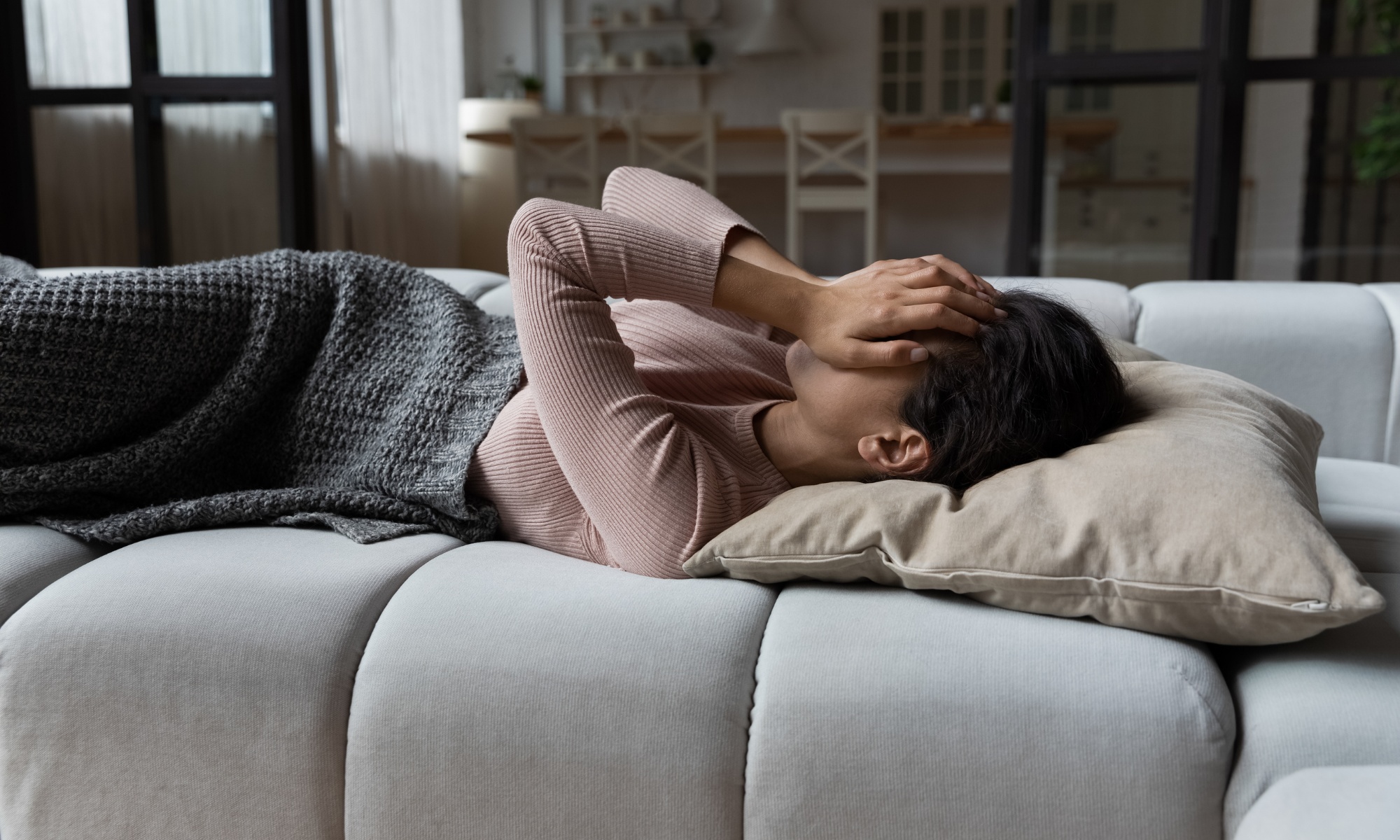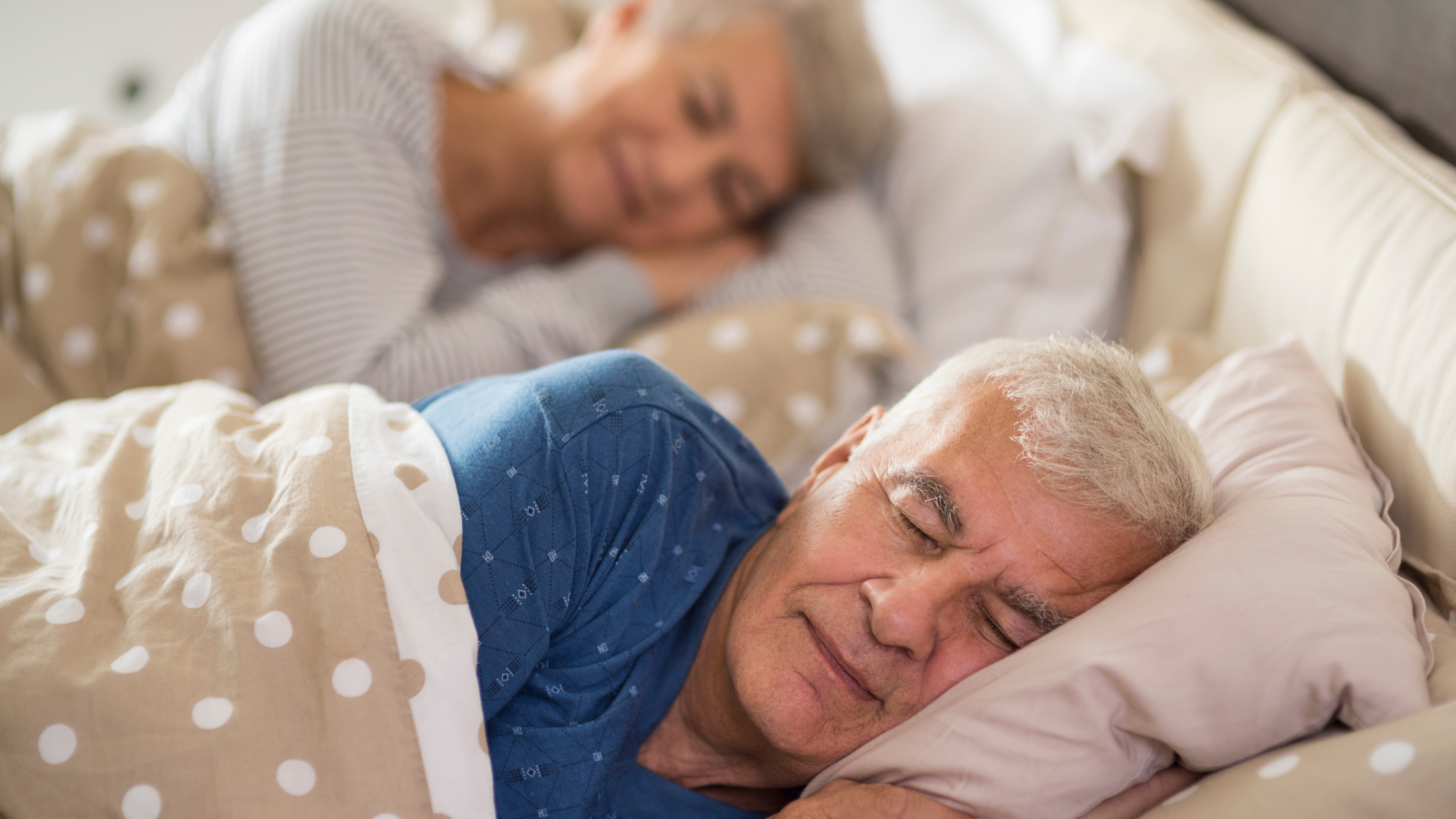Are You Sleeping Too Much? (Yes, It's Possible!)
Written by TYE Medical on Apr 18th 2022
It’s true that you can get too much of a good thing–and adequate sleep is definitely something to strive for! But did you know you can oversleep–as in–get too much of it? Catching too many zzz’s can actually risk your health and point to an underlying condition.
The right amount of sleep helps you feel refreshed, improves learning abilities, promotes heart and blood vessel repair, balances hunger hormones, and supports your immune system. If you’re like most people, you can accomplish all of this with 7-9 hours of sleep, depending on your health, age, and level of activity.
Let’s take a look at what happens when you consistently oversleep, why this might be happening, and what you can do about it.
What Is Oversleeping?

According to the Sleep Foundation, oversleeping is getting more than nine hours of sleep in a 24-hour period. But don’t panic–we all oversleep sometimes, especially when we’ve been sleep deprived, overly stressed, or fighting a virus. Periodic oversleeping for these reasons is very normal and referred to as “recovery sleep.”
The problem arises when you sleep more than eight or nine hours a day habitually. Oversleeping is more like a symptom of an underlying health condition that needs attention.
What Causes Oversleeping?

While there are many causes for sleeping too much, most of them fall into one of these three categories:
- Medication side effects
- Neurological disorder
- Psychiatric (mental health-related)
Once these culprits are ruled out, your doctor may test you for sleeping disorders.
Oversleeping is closely linked to disorders like:
- Cardiovascular disease
- Obesity
- Restless leg syndrome
- Diabetes
- Chronic pain
- Bruxism (teeth clenching or grinding)
- Hypothyroidism
- Depression or anxiety
- Sleep disorders (sleep apnea, insomnia, narcolepsy)
If you have a mood disorder, research says you’re 12 times more likely to oversleep and also more likely to report poor quality sleep.
Sleeping too much can even cause hypersomnia (excessive sleepiness during the day), dementia, Parkinson’s, or an imbalance of hormones.
Signs You’re Sleeping Too Much
More than likely, if you’re sleeping more than nine hours each night, you’re oversleeping. But a very small percentage of the population requires more sleep than others. They're known as “long sleepers” and regularly need 10 to 12 hours of sleep.
Additional signs of oversleeping include:
- Headaches
- Grogginess
- Low energy
- Mood changes
These additional symptoms will help you determine if you really need those extra hours of sleep.
Why Oversleeping Is Unhealthy
Not getting enough sleep can wreak havoc on your health–but getting too much has its disadvantages also. Prolonged oversleeping can cause:
- Decreased immune function
- Increased fatigue and low energy
- Increased risk of chronic diseases (diabetes, heart disease, obesity, etc.)
- Negative changes in stress response
- Increased death risk
In some ways the old adage is true–it is possible to sleep your life away. Our bodies function more optimally when they get the right balance of rest and activity. Problems arise when you move too far in either direction.
What Can You Do About Oversleeping?

If you haven’t already, the first thing to do is see your doctor for a checkup. Share your symptoms and let them evaluate the possibility of underlying conditions. Treating that condition can cure your sleep struggles.
It’s standard for your doctor to start with a physical exam, review medications, and discuss further testing like blood work. If you’re struggling with oversleeping, try keeping a sleep journal for two weeks before you see your doctor. This will help your doctor understand.
Your primary care provider might refer you to a clinic for a sleep study. This will help rule out certain sleep disorders like sleep apnea.
Sometimes, alcohol or certain medications lead to oversleeping but when you stop using them your sleep symptoms typically improve. However, you shouldn't ever stop taking prescription medication without consulting with your doctor first.
Otherwise, the best solution is to practice good sleep hygiene. While you’ve probably heard most of the suggestions below, they’re a good reminder and might help you pinpoint sleep habits that need improvement.
Good sleep hygiene includes:
- Keeping same bedtime and wake time daily (even weekends)
- Getting regular exercise
- Avoiding caffeine and alcohol close to bedtime
- Making your bedroom a comfortable environment
- Seeking natural light in the morning during the day and avoiding it near bedtime
After making these adjustments you may be able to gain the benefits of sleep without overdoing it. For more information, check out our article, Feel Like the Walking Dead? Get Better Sleep with These 7 Tips.
Nighttime Leak Protection for Every Type of Sleeper

Whether you’re a long sleeper, short sleeper, or somewhere in between, you’re most vulnerable to urine leaks while trying to catch your zzzs. It’s crucial to find the right incontinence product or incontinence underwear for your precise needs.
TYE Medical offers dependable, comfortable, premium incontinence protection for light to heavy leaks. Shop our online store and receive discreet and free shipping on ALL orders.


